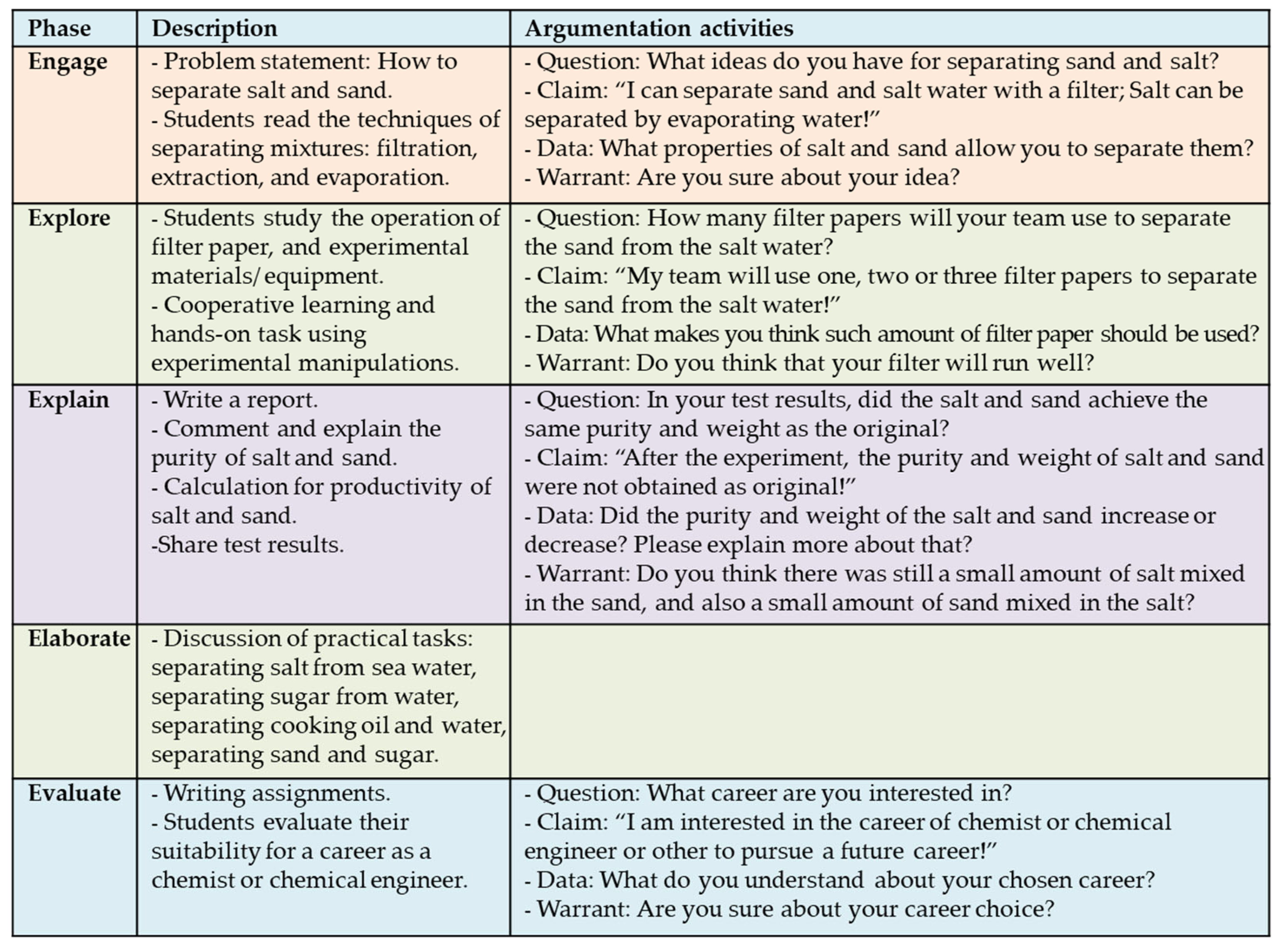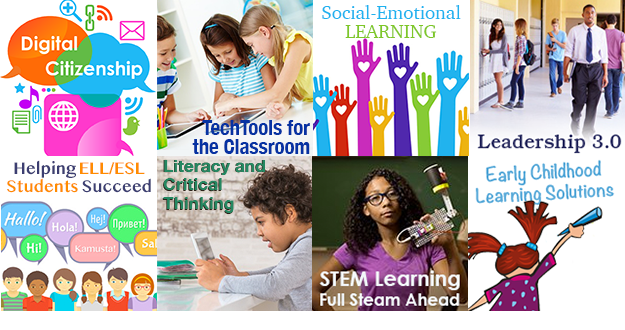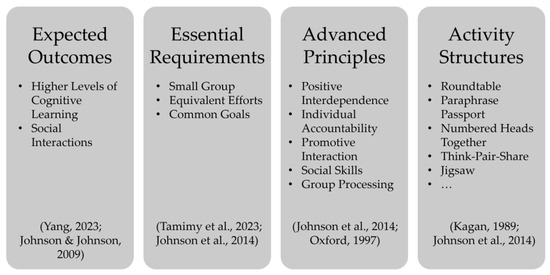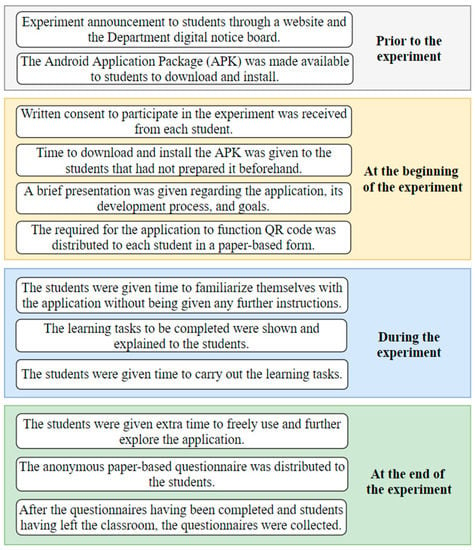
Education Sciences, Free Full-Text
5E-based science, technology, engineering, and mathematics (5E-STEM) education is known to be one of the most used pedagogical models in STEM-oriented science courses for middle school students. However, the 5E model lacks a clear explanation of how STEM subjects are strongly linked in each of its operational “E”. In this study, a novel approach was proposed with the use of the argumentation-supported 5E-STEM (A-5E-STEM) model in the science curriculum. The purpose of this study was to examine the differences in learning achievements, learning motivation, learning interest, and higher-order thinking skills of middle school students between teaching science using A-5E-STEM, 5E-STEM, and conventional didactic methods. A semi-experimental study with post-test only non-equivalent groups design was used. A “Separating Mixtures” unit in the 6th grade Natural Science curriculum was designed with A-5E-STEM and 5E-STEM model orientation. The participants were three 6th grade classes with a total of one hundred and twenty students at a public middle school in Hanoi City, Vietnam. The first experimental group was taught science using the A-5E-STEM model, the second experimental group was taught science using the 5E-STEM model, and a control group was taught the science unit with conventional didactic methods. A post-test was used to collect data on learning achievement, and questionnaires were used to collect data on learning motivation, interest, and higher-order thinking skills of middle school students in the science curriculum. The findings showed that the effect of teaching science using the A-5E-STEM model on learning achievement, motivation, interest, and higher-order thinking skills of middle school students was significantly superior to that of the 5E-STEM model and conventional didactic methods. Therefore, science teachers are expected to increase the use of the A-5E-STEM model in their related curriculum.

1. HKUST SPD - AEIC-Academic Exchange Information Centre

Essentials of Research Methods in Health, Physical - Free
14,205 Social Sciences University Images, Stock Photos, 3D objects

STEM Education Infographic: Does America Have The Right Stuff? - e

Education Sciences, Free Full-Text, tay training.edm.tv.br

PRAXIS 5005 Elementary Education Science

Join a Professional Learning Community - edWeb

Cognitive Surplus Pdf Download - Colaboratory

Buy Cambridge Checkpoint Lower Secondary Science Teacher's Guide 9

PDF) Do Students Learn More from Erroneous Code? Exploring Student

UNH Graduate School Manchester Campus on LinkedIn: #education

Download Anonymous Email Apk - Colaboratory









